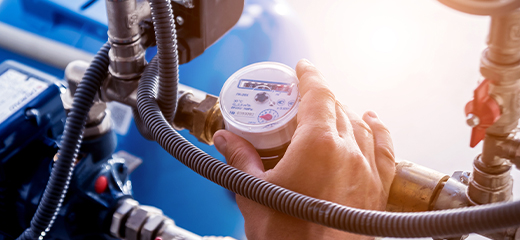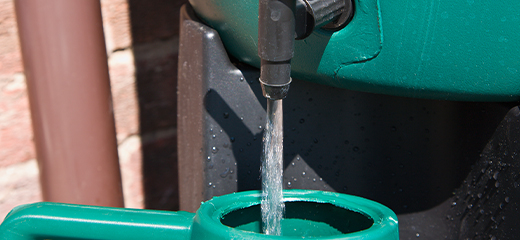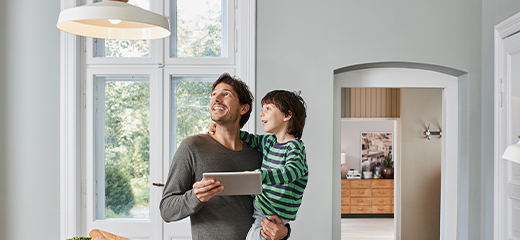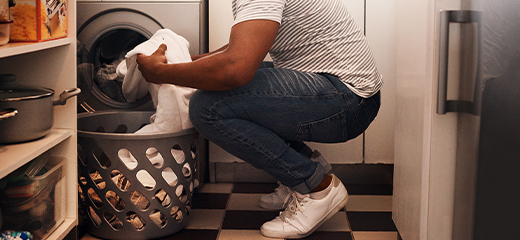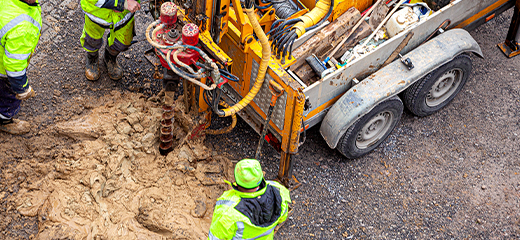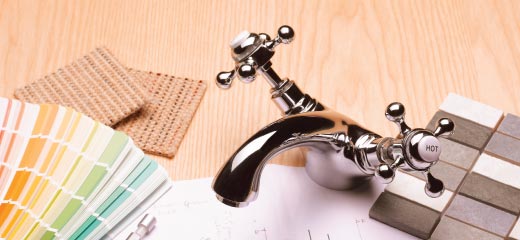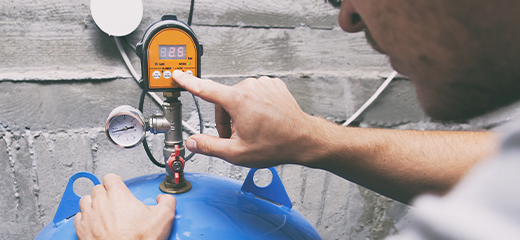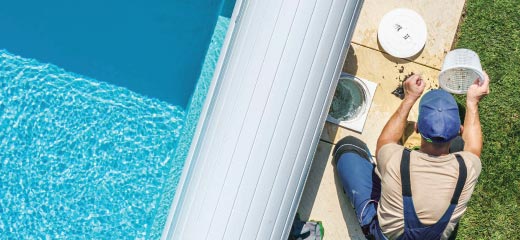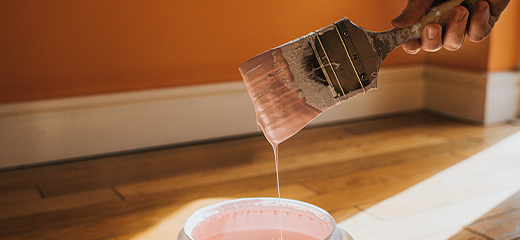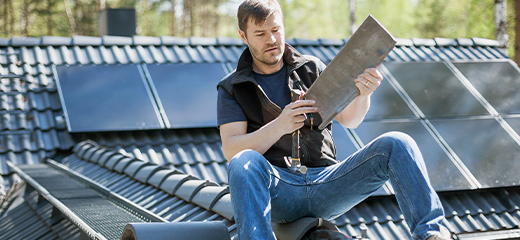
Top water saving tips
Freshwater is becoming a scarce resource around the world, and many are pointing out that we are already in a water crisis in South Africa.
In 2018 Cape Town came perilously close to reaching ‘Day Zero’, a point where water supply to the region would have to be cut off due to water shortage. Since then, areas in KwaZulu-Natal, Gauteng and the Eastern Cape have faced dire water shortages. Currently, Nelson Mandela Bay Municipality is experiencing record-breaking water shortages and is facing the prospect of a Day Zero scenario.
The problem is far more complex than just water usage. Ageing infrastructure is failing, climate change is leading to temperature changes and lower rainfall, natural resources are crumbling under exploitative conditions and pollution, and not enough is being done to treat rainwater, or to ramp up desalination operations and extract groundwater.
Increasing demand for water is making the problem worse and unless we manage to reign in water consumption, we will all face the prospect of water rationing sooner rather than later. According to international and local experts, South Africa faces the possibility of running out of water by 2030 if we don’t find ways to save water.
Keep a lookout for leaks
Leaks are one of the biggest wasters of water and tend to get worse with every day that goes by.
- A leaking tap wastes far more water a day than you realise. Changing a tap washer is an inexpensive project and can be done yourself.
- The toilet is often a source of leaks that we don’t notice. Keep an eye on your flushing mechanism to make sure it always returns to the closed position and add food colouring to the cistern to identify whether water is still leaking through after a flush. Replacing a seal inside the cistern or the flushing mechanism is a fairly easy job and doesn’t require a plumber.
- If your toilet is leaking between the cistern and bowl or at the outlet pipe, it is time to call in a plumber. Although more costly, these are important problems to rectify as they are hazards to your health.
- If you find the area around your pool pump to be regularly damp or even waterlogged, you could have a leak in the system that not only wastes water and electricity but could damage the infrastructure itself. Check to see if all your seals seem to be working properly, the filter basket is tightly secured, and the timer is set to work to a limited schedule. If all seems to be in order, then it is time to call in your pool specialist to identify the problem.
- Is your water bill suddenly increasing for no reason that you can identify? This could be caused by a leak in the pipes inside your home or leading to your home. If you live in an old area, there is a high chance that the underground pipes to your home are degenerating. Call a plumber or leak detection specialist to find the source of the problem before more damage is done to the structure of your home and/or call your municipality to report the problem so that it can be scheduled to be fixed.
- Crumbling water infrastructure means that it’s not that uncommon to come across water leaks while out and about. Report all incidents as soon as possible to the relevant municipality and add a report on Twitter if the municipality or water board has an active account.
Waste not, want not
Most of us have built up water usage habits that are wasteful. Making small changes in the home can make a real difference to our water bill.
- Don’t leave the tap running when brushing teeth, washing hands or shaving.
- Taking a short shower instead of a bath will leave you just as clean and use up to 100 litres less hot water.
- If you have an old toilet with a large cistern, put a brick or a heavy container in the bottom of the cistern to reduce the amount of water used when flushing.
- Every time you boil water in your kettle, you lose some of the water to steam. Make sure you only boil as much water as you need and save on both your water and electricity bills.
- The same principle applies to boiling food. Using a pot with a lid will reduce your cooking time and require less water.
- Pay attention to how often you run your tap at the kitchen sink. Washing your vegetables and fruit or rinsing your dishes in a small sink of water will use far less water than running them under an open tap.
- Keep a jug of water for drinking in your fridge. Not only will you have cool water in summer, but you will cut down on water wastage when filling a glass from the tap.
- Your washing machine uses the same amount of water doing a half load as it does a full load, so let your washing pile up until you can fill the machine.
- Dishwashers also use a lot of water, so enable any water and energy savings modes available, scrape your dishes properly before washing and wait until the load is full before running a cycle.
- Don’t use your hosepipe to wash or rinse off your car. A bucket will work just as well and reduce your water usage by as much as 60%.
Garden wisely
Keeping your garden looking beautiful can take a lot of water, but there are ways to be more economical with your water usage.
- Consider stocking up on buckets and reusing household water from showers, dishes and washing to water your garden. Keep an eye on the chemicals in the water to make sure no damage will be done to your plants.
- Schedule your watering times to the weather. In summer it is best to water before 6am and after 6pm so that the water is not lost to evaporation and fuelling your plants to deal with the heat. In winter, watering late morning will make sure your garden isn’t damaged by the cold temperatures.
- Speak to your nursery about plant options that need less water. South Africa has many beautiful indigenous plants that are used to our weather conditions and require much less water, less frequently.
- Place containers at the downpipes for your gutters so that you can use make as much use of rain in your area as possible. Use this water for your plants.
Pamper your pool
Nothing is better than swimming in summer, but we lose a lot of water from pools.
- Keep the filter in your pool pump clean and maintain your pool properly to reduce the need to backwash the pool extensively.
- Don’t fill your pool to the top as you will lose lots of water from splashing and playing around.
- Get a pool cover to reduce water evaporation and enjoy the warmer water it creates.
Invest and save
If you want access to more water or just can’t see a way to reduce your water consumption, then there are a variety of solutions to help you out.
- Investing in a good irrigation system with a built-in timer will help you to keep your garden green even if you aren’t able to get out and water it yourself.
- Consider purchasing a rainwater harvesting and storage system that will collect water for you that would normally go to waste. You’ll find that your garden will thank you for the water stores as well as the prevention of erosion when there is heavy rain.
- Access underground water by having a borehole installed. You’ll be thankful you did when water restrictions are in place.
LookSee is a free home efficiency platform aimed at making homeownership easier and more affordable.
